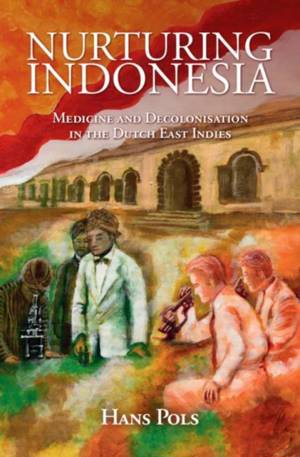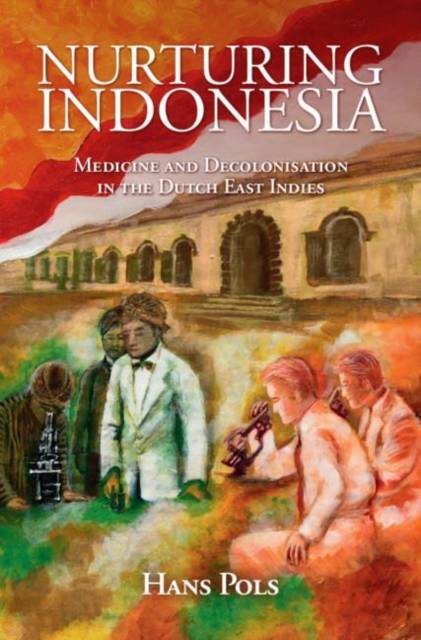
Bedankt voor het vertrouwen het afgelopen jaar! Om jou te bedanken bieden we GRATIS verzending (in België) aan op alles gedurende de hele maand januari.
- Afhalen na 1 uur in een winkel met voorraad
- In januari gratis thuislevering in België
- Ruim aanbod met 7 miljoen producten
Bedankt voor het vertrouwen het afgelopen jaar! Om jou te bedanken bieden we GRATIS verzending (in België) aan op alles gedurende de hele maand januari.
- Afhalen na 1 uur in een winkel met voorraad
- In januari gratis thuislevering in België
- Ruim aanbod met 7 miljoen producten
Zoeken
€ 40,95
+ 81 punten
Omschrijving
Hans Pols proposes a new perspective on the history of colonial medicine from the viewpoint of indigenous physicians. The Indonesian medical profession in the Dutch East Indies actively participated in political affairs by joining and leading nationalist associations, by publishing in newspapers and magazines, and by becoming members of city councils and the colonial parliament. Indonesian physicians were motivated by their medical training, their experiences as physicians, and their subordinate position within the colonial health care system to organise, lead, and join social, cultural, and political associations. Opening with the founding of Indonesia's first political association in 1908 and continuing with the initiatives of the Association of Indonesian Physicians, Pols describes how the Rockefeller Foundation's projects inspired the formulation of a nationalist health programme. Tracing the story through the Japanese annexation, the war of independence, and independent Indonesia, Pols reveals the relationship between medicine and decolonisation, and the role of physicians in Asian history.
Specificaties
Betrokkenen
- Auteur(s):
- Uitgeverij:
Inhoud
- Aantal bladzijden:
- 312
- Taal:
- Engels
- Reeks:
Eigenschappen
- Productcode (EAN):
- 9781108440677
- Verschijningsdatum:
- 6/11/2025
- Uitvoering:
- Paperback
- Formaat:
- Trade paperback (VS)
- Afmetingen:
- 152 mm x 229 mm
- Gewicht:
- 412 g

Alleen bij Standaard Boekhandel
+ 81 punten op je klantenkaart van Standaard Boekhandel
Beoordelingen
We publiceren alleen reviews die voldoen aan de voorwaarden voor reviews. Bekijk onze voorwaarden voor reviews.









